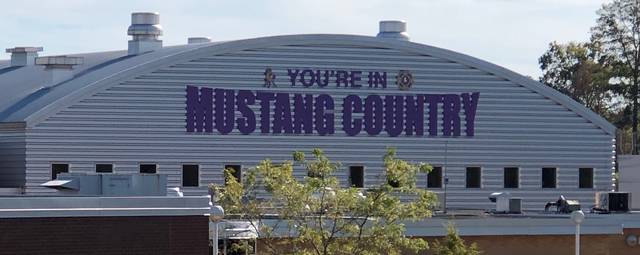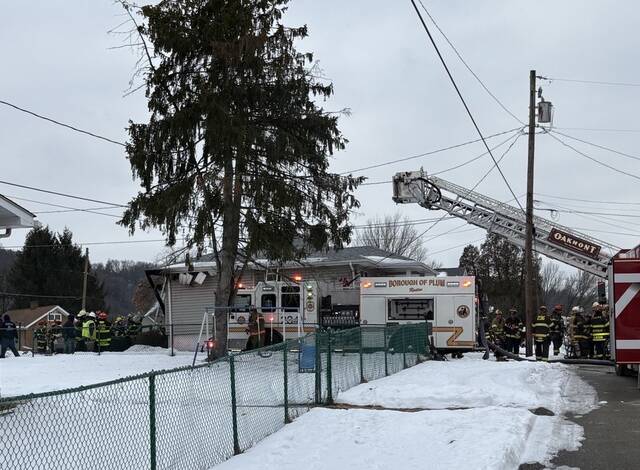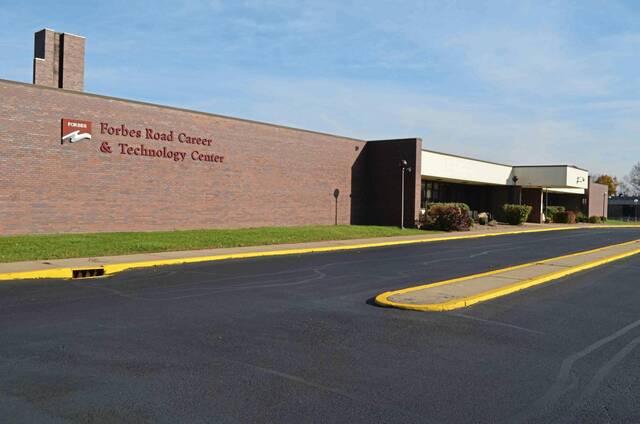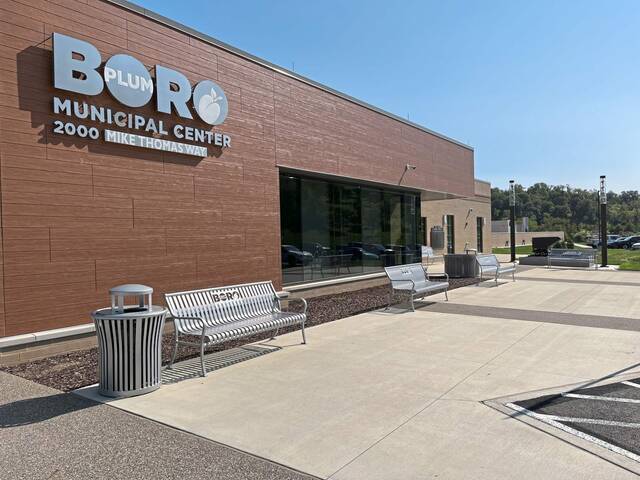Plum property owners won’t pay more in real estate taxes, and borough students will not have to worry about missing classes as a result of the school district’s 2021-22 budget.
School board members voted 8-0 Tuesday night to advertise next school year’s spending plan, that does not include a tax hike or program cuts. Scott Coulson was absent.
District Business Manager John Zahorchak said administration was able to close a projected $600,000 gap outlined in January with staffing adjustments, retirements and drawing from an estimated $3.6 million in federal stimulus funds.
“We didn’t have to make up a lot of money,” Zahorchak said. “We knew we were in a pretty good spot. (Stimulus money) made passing the budget balanced relatively easy. One of the things we have to look out for is planning for the day when all that extra stimulus money washes up.”
Uses of those funds include the district’s summer credit recovery program and other initiatives designed to improve students’ grades and make up for academic struggles brought on by the pandemic and remote learning.
The district hired two social workers a few months ago to help with students’ mental health.
Zahorchak said Plum has about three years to spend the federal assistance.
Projected revenues and expenditures for next year are $65.7 million.
Joe Tommarello, school director and finance committee chairman, commended the administration for crafting a budget with both young learners and property owners in mind.
“I’m very pleased with the budget we were able to come up with,” he said. “There being no tax increases and no program cuts, this is an outstanding budget that has no negative effects on taxpayers or our students.”
District officials said they do not expect any major changes between now and late June when the final budget will be passed.
The preliminary budget and financial presentation is available for review on the district’s website.
District officials at the start of the calendar year adopted a resolution not to raise taxes beyond the Act 1 index — a state formula that limits real estate tax hikes.
The board could have raised taxes as much as 4% under the index and generated an estimated $625,000 surplus based on financial projections at the time.








